Mental Health Awareness Week is a time for all of us to consider mental health, talk about the struggles we face and support one another. The theme in 2024 is all about movement (1). Whether that’s going for a walk or run, or just getting outside, movement can have a tremendous impact on our mental health.

Isle of Man Public Health recommends adults exercise for at least 150 minutes (2.5 hours) per week (2). Physical activity helps reduce the risk of obesity, diabetes and heart disease but less emphasis is often placed on its benefits for our mental health:
- Boost of endorphins: physical activity increases the production of our brain’s stress reliever neurotransmitters, otherwise known as endorphins. They are released during exercise and help relieve pain, reduce stress and improve well-being (3).
- Reduces the risk of depression: running for 15 minutes per day (or walking for one hour) can reduce the risk of major depression by 26% (4).
- Mood improver: regular physical activity can improve our self-esteem and confidence and improves our sleep quality. It can also help us form social ties, especially if we take part in group activity.
Exercise does not have to hurt our environment
Moving our bodies does not have to harm the planet. Leaving our cars behind and moving with our own two feet is a fantastic way of cutting emissions. For example, if you chose to walk to work one day per week to increase your activity levels, you could prevent an estimated 500kg of CO2e over just one year (5)!
We can combine the benefits of movement and exercise with our natural environment. Referred to as green exercise, this could be walking, running, cycling or less obvious activities such as gardening.
Past research and an increasing body of new evidence (supporting Green Social Prescribing) suggests that moving in nature has greater positive impacts on our mental health – green exercise is associated with reduced tension, anger and depression, as well as improved self-esteem (6). If there is greater biodiversity in the area, these psychological benefits are enhanced. It can also cure boredom as you have a front-row seat to watch the varied wildlife on the Island.

Being outside is linked to a greater appreciation of nature. This is especially important for young people due to the decline in connectedness to nature, otherwise known as nature deficit disorder. Allowing kids to explore nature can help them to connect with their local environment.
Why not try some gardening this Mental Health Awareness Week? Gardening and its environmental and mental benefits are often overlooked. Research highlighted gardening as a great way to reduce depression and anxiety, as well as improve social functioning. Adding plants to gardens can reduce the same level of stress as eight mindfulness sessions (7)! Gardening, especially in urban areas, helps to create green spaces that can improve air quality and reduce temperatures in cities by up to 0.5C (8).
Tips for making moves to help yourself and the planet
Why not try this for Mental Health Week (and beyond):
- Challenge yourself to walk or cycle to work or school. Active travel allows us to explore our local areas in a way we can’t do while driving – who knows what you might find?
- The Mental Health Foundation has introduced an Around the World Challenge (9), where the aim is to walk or run as many miles as possible, virtually exploring different countries. You can improve your mental health while reducing your carbon footprint – win-win!
- Moving outside in nature makes a far greater impact on our mental health so why not try cold water swimming or go for a walk in a park or plantation. Try these walks on Visit Isle of Man.
- Combine movement with taking care of your local environment – you could pick up litter in your local area or help at community garden and nature restoration projects.. Beach Buddies, Braddan Community Garden Projects or Manx Wildlife Trusts’ Team Wilder Projects.
- Mental Health Mate Douglas - Peer Support Walking Group helping people through challenges and creating a 'safe place' for people to connect without fear or judgement. The next walk is scheduled to take place 1 June at 11am from the Bee Gees statue on Douglas Promenade.

